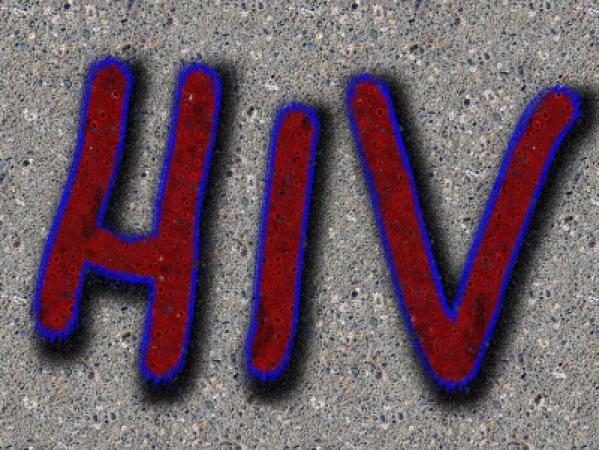While antiretroviral therapy (ART) is known to limit HIV replication leading to elimination of most infected cells, the virus is never fully eliminated from the human body.
It tends to linger in some cells deep in different human tissues where it goes unnoticed by the immune system.
Researchers from the University of Alberta in Canada have revealed a possible answer to the mystery of why infected people can't get rid of HIV altogether.
The team found that in HIV patients, killer T cells -- a type of white blood cells responsible for identifying and destroying cells infected with viruses -- have very little to none of a protein called CD73.
Because CD73 is responsible for migration and cell movement into the tissue, the lack of the protein compromises the ability of killer T cells to find and eliminate HIV-infected cells, explained immunologist Shokrollah Elahi at the varsity, in the paper published in the journal PLOS Pathogens.
Also read |Travel skincare woes solved with a moisture enriched regime
"This mechanism explains one potential reason for why HIV stays in human tissues forever," he said, adding that the research also shows the complexity of HIV infection.
"This provides us the opportunity to come up with potential new treatments that would help killer T cells migrate better to gain access to the infected cells in different tissues."
Further, Elahi found that the drastic reduction in protein CD73 is partly due to the chronic inflammation that is common among people living with HIV.
"Following extensive studies, we discovered that chronic inflammation results in increased levels of a type of RNA found in cells and in blood, called microRNAs," he explained.
Also read| Day 4: FDCI x Lakme Fashion Week 2022
"These are very small types of RNA that can bind to messenger RNAs to block them from making CD73 protein. We found this was causing the CD73 gene to be suppressed."
The team's discovery also helps explain why people with HIV have a lower risk of developing multiple sclerosis, Elahi noted.
"Our findings suggest that reduced or eliminated CD73 can be beneficial in HIV-infected individuals to protect them against MS. Therefore, targeting CD73 could be a novel potential therapeutic marker for MS patients."
Elahi said the next steps in his research include identifying ways the CD73 gene can be manipulated to turn on in patients living with HIV and off in those with MS.


















